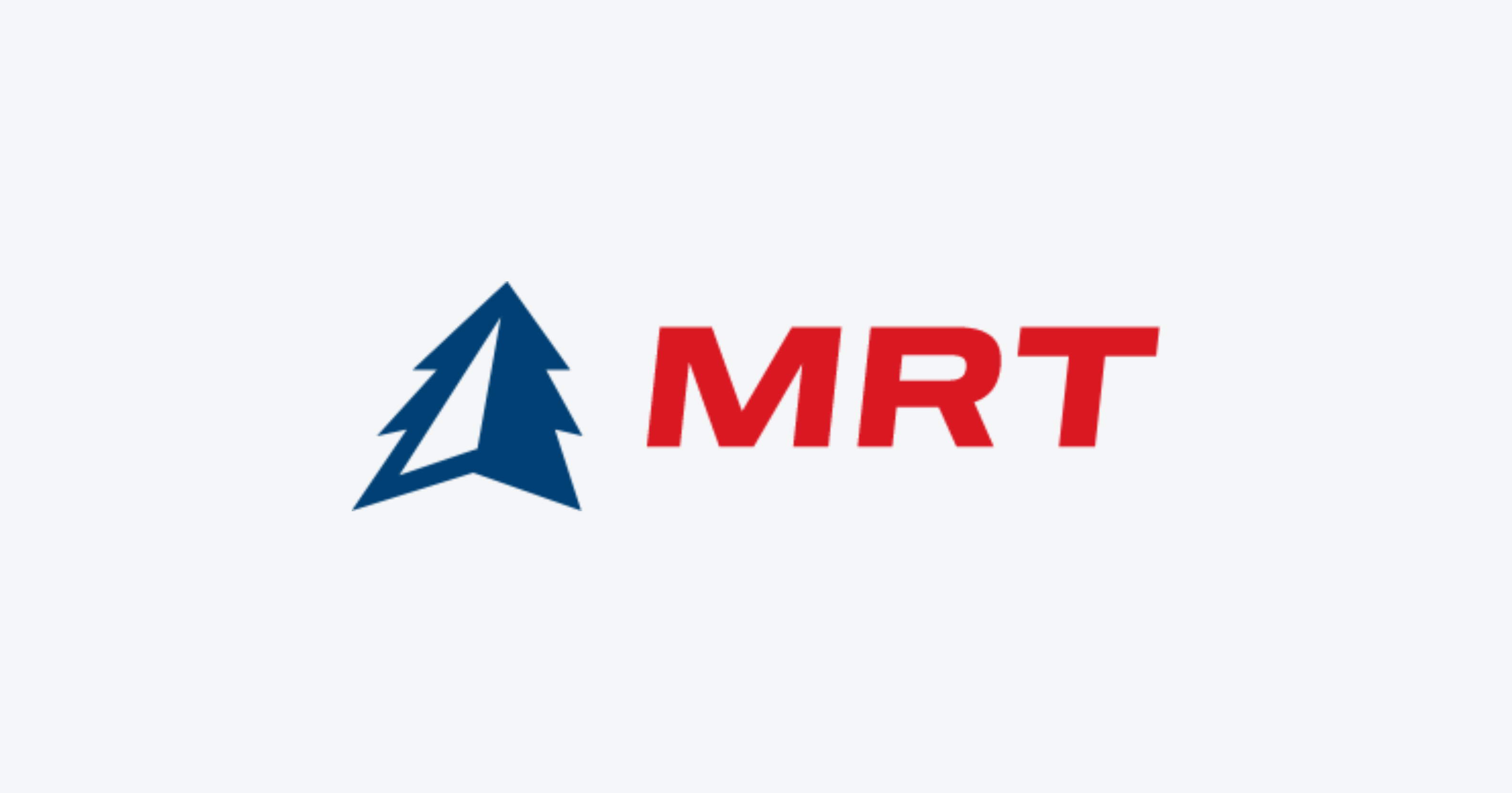
Cross border shipping offers an excellent opportunity for companies to expand their markets by making products available in other countries and eliminating the need to set-up brick and mortar locations and warehouses in these markets.
In order to ship products across the border, there are some critical things to consider to ensure a seamless experience. Customs declarations are used to declare the contents and value of the shipment, whether it’s traveling from the United States to Canada or a shipment moving from Canada to the United States. These customs forms confirm that you are complying with the shipping laws of both the origin and destination country and are imperative to a seamless shipping experience.
All of the information you provide on the customs declaration must be in good standing to ensure that your products get delivered. Missing or incorrect paperwork are the most common reasons shipments get held up or refused at the border or held in bond at destination. Breaking any customs laws or submitting incomplete paperwork can result in:
- Costly shipping delays – when customs authorities find something amiss, they will hold your shipment(s) for further inspection. In some cases, the packages are destroyed if the authorities suspect a violation. There is a cost associated with the time and effort it takes to redo mistake-filled or incomplete documents. Not only is it less efficient, it can delay how quickly your product reaches its destination and potentially be returned to origin. Keeping in mind that the longer it takes to ship your product, the longer it will take for your company to get paid by your customer.
- Red-flagged with risk of having customs clearance privileges removed – every shipment moving cross border is required without exception to comply with the Canada Border Services Agency (CBSA) or the U.S. Customs and Border Protection (CBP) regulations and requirements. The risk of not doing so could mean losing export privileges. In order to comply, accurate and plain product descriptions are essential. Poor descriptive words such as part, general, unknown, various, and miscellaneous often get flagged by officials and prevent shipments from crossing the border.
- Liability for importers, exporters, carriers and customs brokers alike – there may be severe penalties levied as a result of documentation fraud or negligence so it is essential to have complete and accurate information. If you notice a clerical error, you should notify your customs broker immediately to rectify the situation before it is flagged by customs. It is important to note that the higher the security risk, the more likely that all parties involved could be penalized.
The challenge of completing accurate and detailed paperwork comes down to three main areas:
- Proper education – in many cases the employees who are filling out the paperwork aren’t necessarily familiar with the customs rules and regulations so knowing how and what to fill out can be a challenge. This is why it’s important to review the requirements and double check that all information is accurate before shipping. Even if a shipment crosses the border and gets delivered, it doesn’t necessarily mean that the customs case is closed which could cause further issues down the road.
- Employees with competing priorities – many employees wear more than one hat at work and struggle with competing priorities. Filling out paperwork can be time consuming and not always the most enjoyable task someone has on their list of duties for that day. Because this can be a tedious task, often it falls to the bottom of the list of priorities resulting in incomplete information or documentation.
- Assumption that the carrier or customs broker will handle it – on occasion, there is a false sense of security and assumption that the carrier or broker will handle all of the customs paperwork or at the very least verify it for accuracy and completeness. While carriers and brokers are there to assist their customers, they don’t always have the product knowledge to complete this task. Additionally, it takes time to follow-up on incomplete forms resulting in delays and stalled shipments. In some cases, freight will need to be pulled off of trailers to ensure customs compliance which is both inefficient, counterproductive, and costly.
In order to avoid any delays or potential penalties, cross border shipments require a customs invoice manifest, commercial invoice, bill of lading, packing list and a certificate of origin. The customs invoice must also include detailed information on the vendor, dates, consignee, purchaser’s information, mode of transportation, country of origin, currency, and commodities specifications, to name a few. For a full list, please visit the CBSA or the CBP requirements and administrative policies regarding the cross border transportation of goods.
For more information on Canadian requirements, please visit:
https://www.cbsa-asfc.gc.ca/publications/dm-md/d3/d3-1-1-eng.html
For more information on U.S. documentation requirements, please visit:
https://cbpcomplaints.cbp.gov/s/article/Article-436?language=en_US
Creating consistent, and accurate customs documents is crucial to ensuring the seamless delivery of your shipments. Carriers who have a Trust in Trade Status need to protect their reputation, their customers as a whole, and ultimately their business. Internal customs departments are there to assist and oversee the process, however; it is in everyone’s best interest when companies are concerned with proper documentation. These documents and rules aren’t arbitrary, they are in place to protect national security and it’s everyone’s responsibility to ensure compliance.
Manitoulin Transport is a bonded carrier with a Trust in Trade Status. They are at the forefront of customs and border security programs C-TPAT, PIP, FAST, CSA, ACE, E-manifest. If you have any questions or require additional information, please contact us or visit www.manitoulintransport.com.
If you require access to cross border services or trade consulting, and would like the support of a customs broker, please reach out to Near North Customs Brokers at Near North Customs. Maintaining customs compliance while minimizing duty on international shipping is critical to maintaining a competitive edge. Near North Customs has years of experience supporting global companies in all aspects of customs compliance and operational effectiveness. For more information, please visit www.nearnorthcustoms.com.



